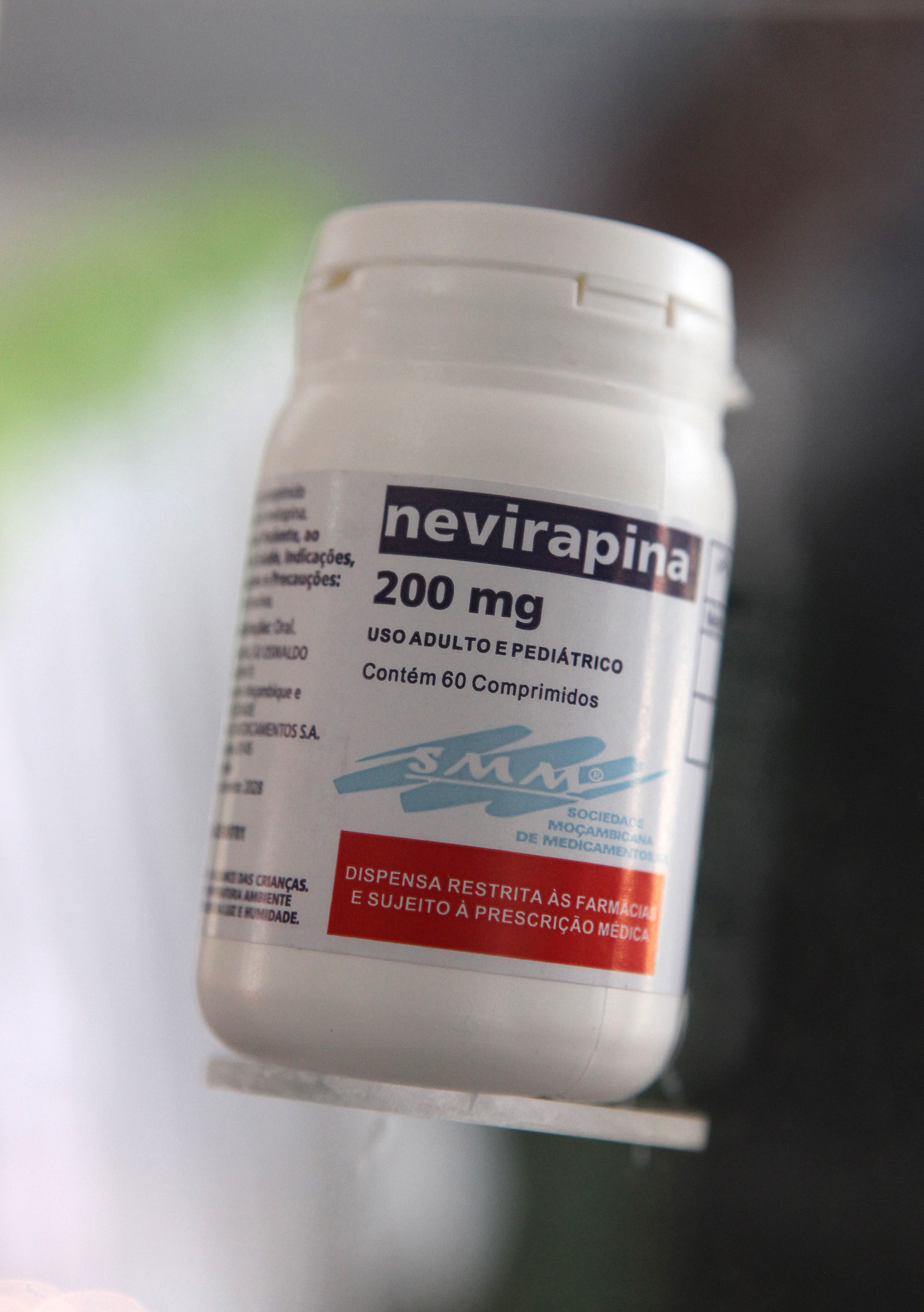
Since the mid-1990s, powerful anti-HIV drugs have helped turn HIV-AIDS into a chronic condition as opposed to a death sentence. But in the latest report, published Thursday in the MMWR, health officials at the Centers for Disease Control and Prevention (CDC) show that nearly half of people who could be benefiting from the medications aren’t taking them. Only 49.5% of gay and bisexual men diagnosed with HIV receive treatment, and only 42% of those taking medication have been able to keep virus levels in their body down to undetectable levels.
Especially concerning is the fact that the vast majority of men diagnosed with HIV will, in fact, see a doctor about treatment. The trouble is, many do not follow through with treatment and check-ups. The disparity between who gets treatment and who doesn’t grows even starker among young and African-American gay and bisexual men, says David Purcell, deputy director of behavioral and social science in the division of HIV-AIDS at the CDC.
The reasons why men don’t get—or stick with—treatment range from cost to misperceptions about the toxicity of current drug therapies to the enduring stigma of HIV. As such, Purcell says the CDC is shifting its prevention efforts away from safe sex and condom campaigns—although those are still important—to focus more on people who are living with HIV. “We’ve gone full bore on this, and shifted our HIV prevention strategies to reflect the increasing evidence of the dramatic impact that treatment can have on prevention,” he says. “It’s very high on our radar.”
If HIV positive people start anti-HIV drugs as soon after their diagnosis as possible, they can reduce the amount of virus in their blood to undetectable levels and lower their chances of passing on HIV to practically zero.
Last week, the CDC announced its “HIV Treatment Works” campaign, aimed at educating HIV-positive people about the best therapies for them, and the “Start Talking Stop HIV” effort targeting gay and bisexual men, to encourage them to ask partners about their HIV status and get tested regularly.
Preventing HIV is not about one “best” method, he says, but the fact that prevention strategies work best together — such as using condoms and getting tested regularly, or knowing your status and taking HIV medications faithfully.
More Must-Reads from TIME
- Donald Trump Is TIME's 2024 Person of the Year
- Why We Chose Trump as Person of the Year
- Is Intermittent Fasting Good or Bad for You?
- The 100 Must-Read Books of 2024
- The 20 Best Christmas TV Episodes
- Column: If Optimism Feels Ridiculous Now, Try Hope
- The Future of Climate Action Is Trade Policy
- Merle Bombardieri Is Helping People Make the Baby Decision
Contact us at letters@time.com